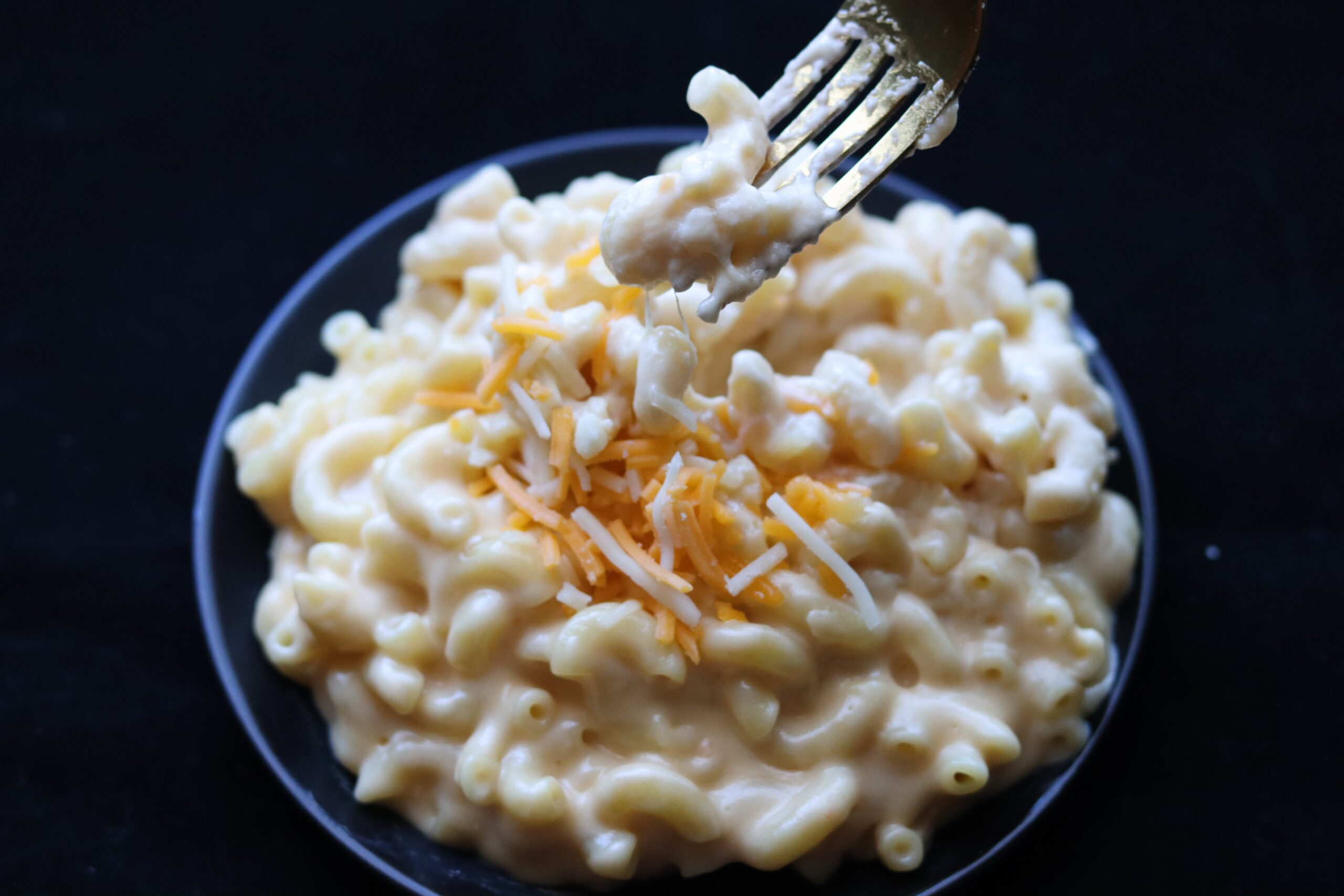Introduction:
Kraft Mac and Cheese, a beloved staple in many households, is known for its creamy texture and cheesy flavor. But what about its nutritional content? Understanding the nutrition facts of this popular comfort food is essential for making informed dietary choices. In this article, we delve into the nutrition profile of Kraft Mac and Cheese, exploring its ingredients, calories, macronutrients, and more.
Table of Contents
What is Kraft Mac and Cheese?
Kraft Mac and Cheese, also known as Kraft Dinner or simply KD in some regions, is a packaged convenience food that consists of macaroni pasta and a powdered cheese sauce mix. It’s a quick and easy meal option that requires minimal preparation, making it a go-to choice for busy individuals and families.
Ingredients
Before delving into the nutritional breakdown, let’s take a look at the typical ingredients found in Kraft Mac and Cheese:
- Enriched Macaroni Product (Wheat Flour, Niacin, Ferrous Sulfate [Iron], Thiamin Mononitrate [Vitamin B1], Riboflavin [Vitamin B2], Folic Acid)
- Cheese Sauce Mix (Whey, Milkfat, Milk Protein Concentrate, Salt, Sodium Tripolyphosphate, contains less than 2% of Citric Acid, Lactic Acid, Sodium Phosphate, Calcium Phosphate, Yellow 5, Yellow 6, Cheese Culture, Enzymes)
Nutrition Facts:
Now, let’s break down the nutritional content of Kraft Mac and Cheese. The following information is typically based on a single serving size, which is about 70 grams of dry pasta (about 1 cup) prepared with the cheese sauce mix:
- Calories: One serving of Kraft Mac and Cheese typically contains around 250-270 calories. Keep in mind that this can vary slightly depending on factors such as serving size and any additional ingredients added during preparation.
- Macronutrients:
- Fat: A serving usually contains approximately 3.5-4 grams of fat, with around 1.5-2 grams of saturated fat.
- Carbohydrates: The main component of Kraft Mac and Cheese is carbohydrates, with one serving providing approximately 47-49 grams.
- Protein: Each serving typically contains around 9-10 grams of protein.
- Micronutrients: While Kraft Mac and Cheese does provide some essential nutrients, such as iron and B vitamins from the enriched pasta, it’s worth noting that the cheese sauce mix may contribute minimal nutritional value beyond calcium.
Health Considerations:
While Kraft Mac and Cheese can be a convenient and tasty meal option, it’s essential to consume it in moderation and as part of a balanced diet. Here are a few things to consider:
- High in Sodium: One concern with packaged macaroni and cheese products is their sodium content. A single serving of Kraft Mac and Cheese can contain around 500-600 milligrams of sodium, which is about 20-25% of the recommended daily intake for adults.
- Moderate Fat Content: While the fat content in Kraft Mac and Cheese isn’t excessively high, it’s essential to be mindful of portion sizes, especially if you’re watching your fat intake.
- Limited Micronutrients: While Kraft Mac and Cheese provides some essential nutrients, it shouldn’t be relied upon as a primary source of nutrition. Incorporating a variety of fruits, vegetables, lean proteins, and whole grains into your diet is crucial for overall health.
Conclusion:
In conclusion, Kraft Mac and Cheese is a convenient and satisfying meal option for many people. While it may not be the most nutritious choice, it can certainly fit into a balanced diet when consumed in moderation. By being aware of its nutritional content and considering it alongside other dietary choices, you can enjoy this classic comfort food without compromising your health goals. Remember to balance it out with nutrient-rich foods to ensure you’re meeting your nutritional needs.
